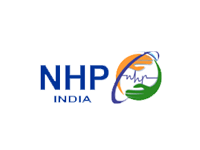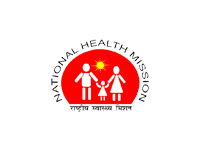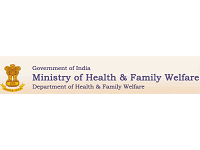During NACP-II nationwide mapping of high risk groups — commercial sex workers, men-who-have-sex-with-men and injecting drug users — was completed. This provided critical insights into the operational aspects of commercial sex trade, and guided in developing focussed HIV prevention strategies. During this period managerial, technical and financial systems were also set up to develop and implement focussed strategies to reduce HIV prevalence among high risk groups.
TIs Approach
Given the HRGs special vulnerabilities, prevention strategies include five elements — behaviour change, treatment for sexually transmitted infections (STI), monitoring access to and utilisation of condoms, ownership building and creating an enabling environment.
In fact impetus to enabling environment under NACP-III drives the prevention strategy. It encourages peer led interventions by community based organisations or NGOs both in the rural and urban areas and focuses on clients of sex workers, partners of MSM and IDUs. All TIs are rights based, they empower the communities. NGOs/CBOs engaged in TIs are networked and linked to general healthcare facilities to ensure that HRGs access them without stigma or discrimination; they are also linked to Community Care Centres, Counselling and Testing Centres and ART centres. The prevention strategies are thus linked to care and treatment, and empower the community against stigma and discrimination.
TIs for FSW
Targeted interventions among female sex workers bring awareness about health implications of unsafe sex and HIV/AIDS issues. The TIs reduce sex workers vulnerability to STIs and HIV/AIDS through promotion of:
- STI services
- Condom use
- Behaviour Change Communication (BCC) through peer and outreach
- Building enabling environment
- Ownership building in the community
- Linking prevention to HIV related care and support services
Specific TIs for IDUs
- Apart from targeted interventions for general population, the following specific interventions are provided to IDUs to reduce their vulnerability.
- Detoxification, de-addiction and rehabilitation
- Needle exchange
- Substitution therapy
- Abscess management and other health services
Specific TIs for MSM
- Use of lubricants and appropriate condoms
- Behaviour Change Communication (BCC) through peer and outreach
- Building enabling environment
- Linking prevention to HIV related care and support services

























